Petrochemical
Heat Exchangers
Heat exchangers play a crucial role in the petrochemical industry, serving as vital components in the vast network of processes that convert crude oil and natural gas into valuable products. These apparatuses are instrumental in transferring heat between two or more fluids, enabling the conservation of energy, increasing efficiency, and optimizing the performance of thermal systems.
Within the petrochemical market, heat exchangers are used predominantly for heating and cooling during distillation, where different hydrocarbons are separated based on their boiling points. The refining process involves several stages where heat exchangers help maintain precise temperatures necessary for the chemical reactions to occur.
One common application is in the catalytic cracking units, where large hydrocarbon molecules are broken down into smaller, more valuable fractions. Heat exchangers recover heat from the reaction, which can then be reused to preheat the fresh hydrocarbon feed, reducing the overall energy consumption of the unit.
Additionally, heat exchangers also find their usage in interstage cooling within compressor trains, helping to remove the heat of compression during the liquefaction of gases, an essential step for storage and transportation in the petrochemical industry. Another application is in the treatment of effluent water, where the exchangers help in controlling the temperature before the water is discharged or reused, ensuring environmental compliance.
The versatility and efficiency of heat exchangers make them indispensable in the petrochemical industry, directly impacting productivity and sustainability.
Petrochemical Heat Exchangers
- Temperature control during distillation and fractionation processes.
- Energy conservation through heat recovery in catalytic cracking units.
- Maintaining operational temperatures for polymerization reactors.
- Interstage cooling of gases in compressor trains.
MARKETS

Engine Cooling

Hydraulic Cooling

Process Cooling

Compressor Aftercoolers

Condensers

Irrigation Coolers

Injection Molding



